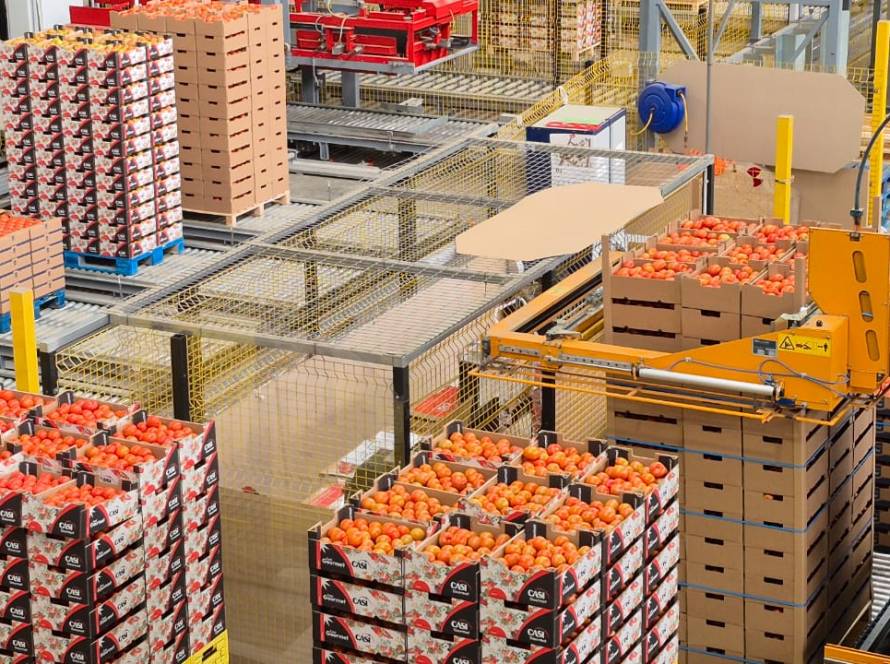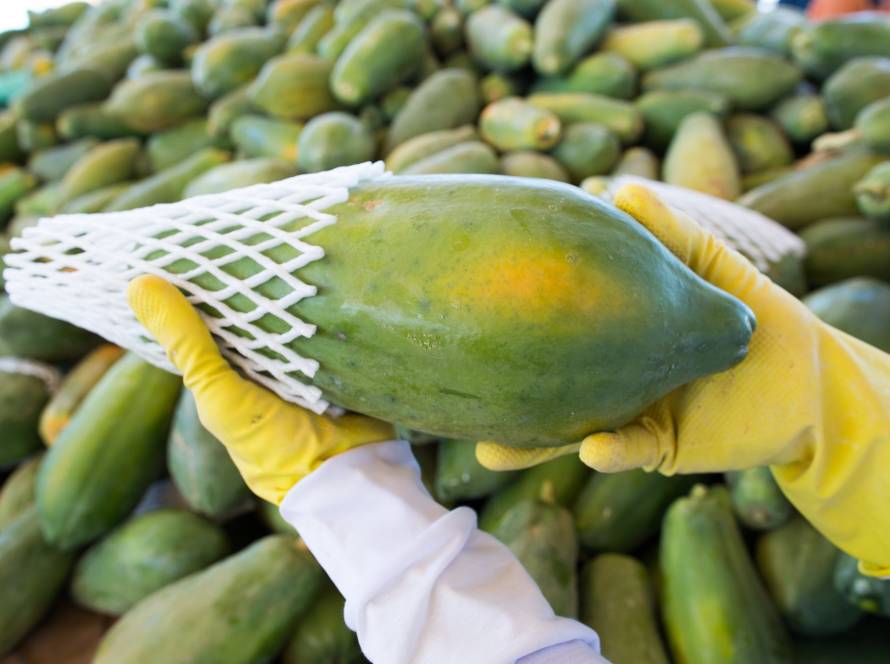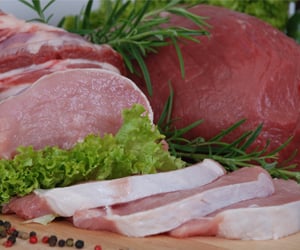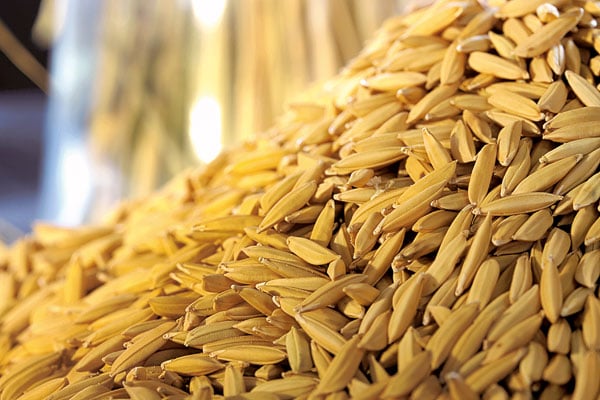Beef exports by TCP, the company that manages the Paranaguá Container Terminal, grew 22% in the first two months of 2025, totaling 123 thousand tons shipped in 4,483 containers. This performance exceeds the national growth of the category, which, according to the Brazilian Association of Meat Exporting Industries (Abiec), registered an increase of 4.7% in volume for the period. In total, Brazil shipped 428 thousand tons of beef, generating a 13.9% increase in revenue, which reached R$$ 2.045 billion.
According to Giovanni Guidolim, TCP’s commercial, logistics and service manager, the significant increase in the volume shipped reinforces the operational reliability of the Terminal and emphasizes that this performance is directly linked to the infrastructure offered. “TCP is a reference in specialized services and support for meat exporters. With the completion of the construction of the largest refrigerated container storage yard in South America, combined with factors such as a normalized yard occupancy rate and an efficient system for scheduling cargo delivery and collection, the Terminal will start 2025 converting new customers and expanding its market share in the meat and frozen food segment,” he comments.
In addition to the increase in beef shipments, TCP remains the largest export corridor for frozen chicken meat in the world and, in the first two months of 2025, the Terminal handled a total of 382 thousand tons of the product, which represents 42% of the total volume shipped by the country. According to data from the Brazilian Animal Protein Association (ABPA), Brazil exported 911 thousand tons of chicken meat in the first two months, generating revenue of US$1.696 billion, an increase of 22% compared to the previous year.
The state of Paraná alone, the largest national producer of chicken meat, was responsible for shipping 186 thousand tons of the product in the first two months of this year. Guidolim explains that “the Terminal has a long-standing partnership with industries in our state, and this synergy ensures maximum efficiency for exporters operating through TCP. With a rail branch connecting the northern and western regions of the state directly to the customs area within the Terminal’s operations yard, this also ends up being a strategic mode of transport used by exporters in these regions, who seek greater operational reliability when exporting chicken meat.”
Between January and February, exports of beef, chicken, pork, among others, represented a total of 545 thousand tons in exports at TCP, a volume shipped in 20,035 containers. As a result, the Terminal has a market share of 40.1% in the meat and frozen food segment, compared to port terminals in neighboring states, such as São Paulo and Santa Catarina.
In June 2024, TCP completed the expansion works of its yard reefer, an area intended for the storage of refrigerated containers, such as those used to transport meat and frozen foods. With an increase of 45% in the number of sockets, from 3,624 to 5,268, the Paranaguá Container Terminal has the largest yard reefer from South America.
Opening of new markets boosts meat and frozen food sector
The Brazilian meat and frozen food sector is experiencing a period of expansion in the international market, driven by the conquest of new international markets. In February 2025, Mexico stood out by increasing its imports of Brazilian beef by 41%, when compared to the volume registered in January, reaching 4,421 tons. This growth is just one example of the positive scenario, which includes the opening of more than 20 new markets for Brazilian meat since 2023.
To keep up with this growth rate, TCP offers eight direct services to Asia and extensive coverage in Central America and the Caribbean. The Terminal's infrastructure facilitates efficient connections to strategic markets such as Japan, Singapore and Mexico.
“We are the Terminal with the largest concentration of shipping lines in Brazil. This diversification of destinations and our high frequency of calls, with 25 weekly services, ensure that our customers have logistical flexibility and predictability in shipments, an essential factor for exporters to meet the deadlines established by importers,” explains Carolina Merkle Brown, TCP’s commercial manager for shipowners.
The increase in exports also reflects the expansion of access to countries that historically had strict sanitary barriers. In 2023, for example, Japan authorized the import of canned beef, while Israel opened its market to poultry. In 2024, countries such as Panama and El Salvador began importing poultry meat and offal, further expanding the reach of Brazilian protein. While outbreaks of Avian Influenza (H5N1) in countries such as the United States have impacted the supply of chicken meat in the global market, Brazil is experiencing a period of expansion that could boost demand for Brazilian protein in the coming months.
Given this scenario, the expectation is that shipments of meat and frozen products originating in the country will exceed projections for 2025. “Our specialized service, combined with the facilities offered, such as the free seven-day storage allowance for exporters, positions TCP as a strategic partner in the sector”, concludes Guidolim.





